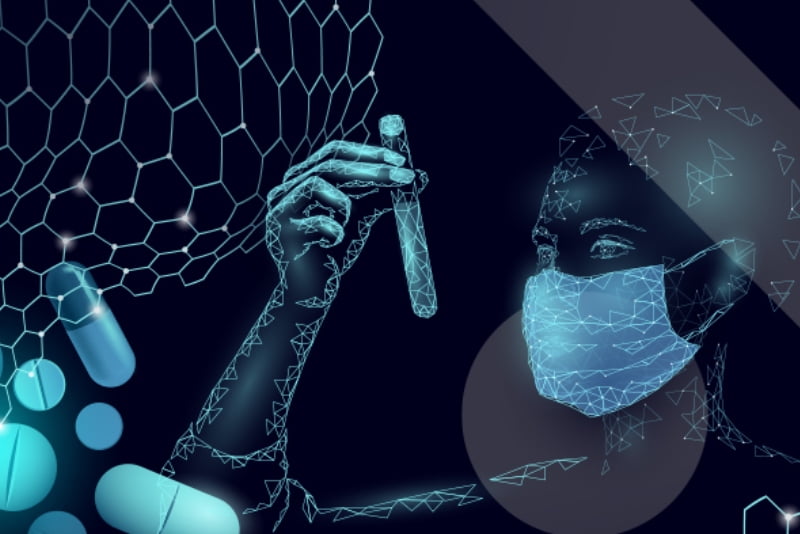
Leveraging AI to Predict Drug Interactions and Side Effects
April 8, 2024
Revolutionizing Pharmacology with AI
In the realm of pharmacology, artificial intelligence (AI) is transforming the traditional methodologies used for predicting drug-drug interactions (DDIs) and side effects. This technological advancement aids in the development of safer and more effective pharmaceuticals, ensuring better patient outcomes.
The Critical Nature of Drug-Drug Interactions
DDIs pose significant challenges in clinical settings, potentially leading to decreased drug efficacy or increased toxicity. Identifying these interactions is crucial for patient safety, especially in cases of polypharmacy where the risk of adverse reactions is heightened. Traditional methods rely heavily on clinical trials and pharmacokinetic studies, which can be time-consuming and may not cover all potential interaction scenarios.
AI-Powered Predictions in Pharmacology
AI, particularly machine learning and data analytics, is adept at sifting through extensive datasets to uncover patterns and predict outcomes. In pharmacology, AI algorithms analyze data from various sources, including clinical trial results, electronic health records, and drug pharmacological databases, to predict potential DDIs and side effects. This approach allows for a more comprehensive understanding of how different drugs interact within the human body.
Enhancing Drug Safety with AI
The ability of AI to predict side effects before a drug reaches the market is a significant stride toward enhancing drug safety. By analyzing the chemical structure of drugs, their biological targets, and historical side effect data, AI models can forecast adverse reactions. This predictive capability enables pharmaceutical companies to make informed decisions during the drug development process, potentially saving time and resources by identifying problematic drugs early.
AI in Clinical Decision-Making
Healthcare providers increasingly rely on AI to make informed clinical decisions. AI systems can integrate and analyze patient-specific data, including genetic information, current medications, and health history, to provide personalized drug recommendations. This tailored approach helps in minimizing the risk of DDIs and adverse reactions, leading to better healthcare outcomes.
Overcoming the Challenges
While AI offers promising solutions in predicting DDIs and side effects, there are challenges to overcome. Ensuring the accuracy and reliability of AI predictions requires vast, high-quality data and robust algorithms. Additionally, integrating AI tools into the healthcare system necessitates overcoming regulatory, ethical, and privacy concerns. Healthcare professionals must also be trained to interpret and act on AI-generated insights effectively.
Future Directions in AI and Drug Safety
As AI technology evolves, its potential to transform drug safety continues to expand. Future research may focus on improving the accuracy of AI predictions, expanding the datasets used for training AI models, and developing more sophisticated algorithms that can consider the complexities of human biology and pharmacodynamics.
AI's role in predicting drug-drug interactions and side effects marks a significant advancement in pharmacology and patient care. By harnessing the power of AI, healthcare professionals can provide safer, more effective treatments tailored to individual patient needs. As AI continues to evolve, its integration into pharmacology promises to enhance drug safety, reduce adverse reactions and improve overall treatment outcomes. With ongoing research and development, AI is set to play an increasingly pivotal role in the future of drug development and personalized medicine.
© 2024 ITSoli
